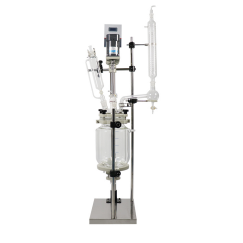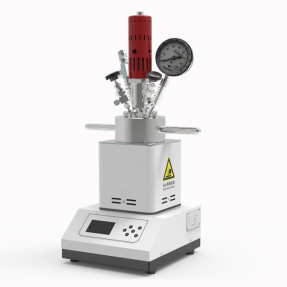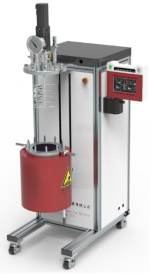A laboratory reaction kettle is an experimental equipment widely used in scientific research, pharmaceuticals, chemicals, food and other fields, which can carry out various chemical reactions to prepare new materials, drugs, etc. According to different experimental requirements and reaction conditions, laboratory reactors can be divided into various types. Below, we will introduce their types and uses.
A glass reaction vessel is a reaction vessel made of glass material, which has the advantages of transparency, corrosion resistance, and easy cleaning. It is suitable for small and medium-sized laboratory reactions. It is widely used in fields such as organic synthesis, biopharmaceuticals, and food processing.
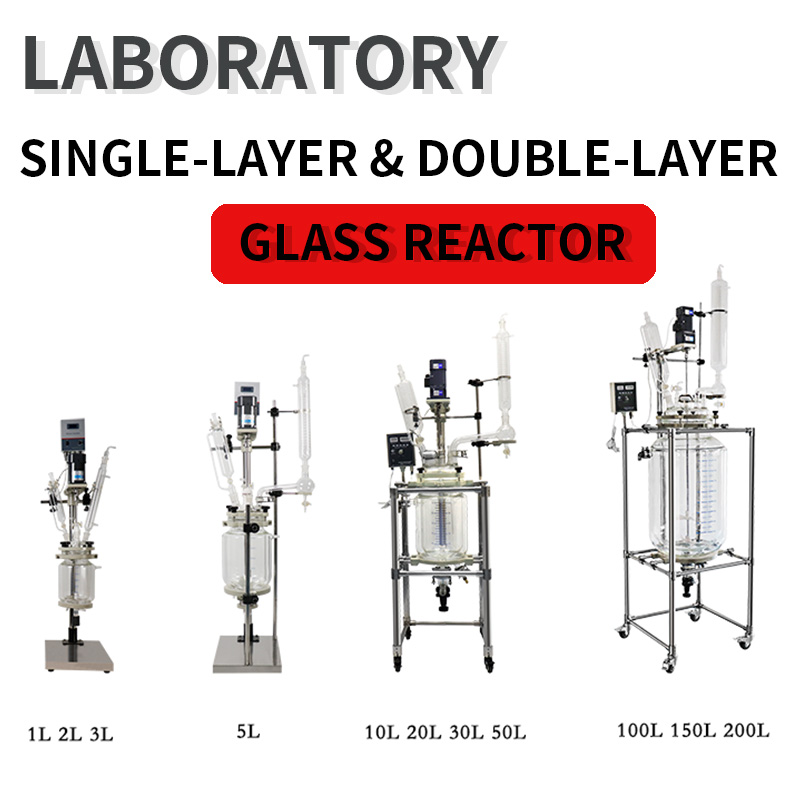
A stainless steel reaction vessel is a reaction vessel made of stainless steel material, which has advantages such as high temperature resistance, corrosion resistance, and easy cleaning, and is suitable for various reaction conditions. It is widely used in fields such as fine chemicals, petrochemicals, biopharmaceuticals, etc.
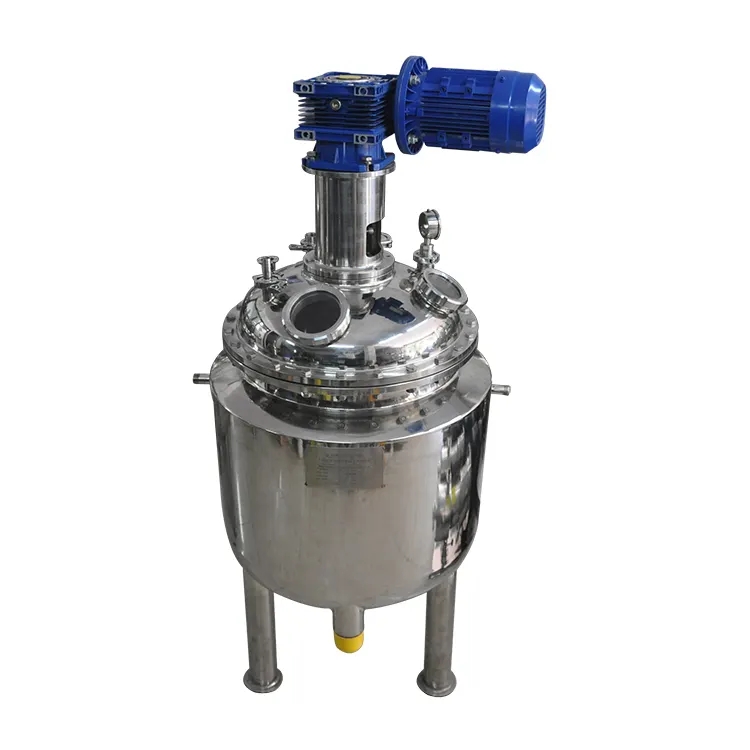
Pressure reactor is a special type of reactor that can perform chemical reactions under high temperature and pressure. It is commonly used for catalytic hydrogenation, polymerization reactions, etc. It is widely used in fields such as petrochemicals, fine chemicals, metallurgy, energy, etc.
A micro reactor is a miniaturized reaction equipment that has the advantages of fast reaction speed, low reagent consumption, and controllable reaction process. It is suitable for chemical reaction research at the microscopic scale. It is widely used in fields such as chemistry, biology, and medicine.
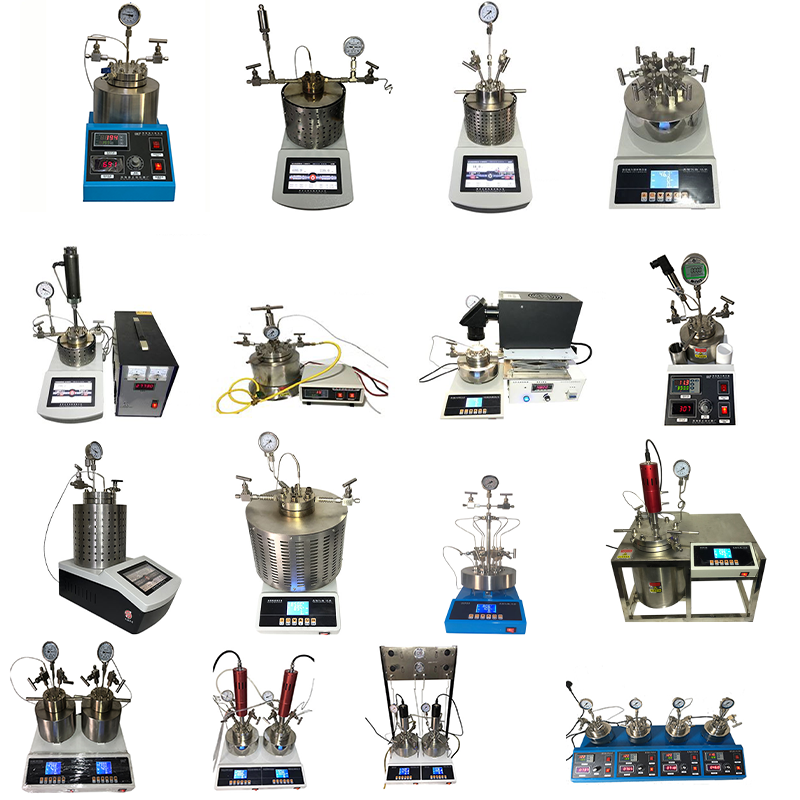
A stirred reactor is a reaction vessel with a stirring device, which can improve reaction speed, uniform temperature distribution, etc. through stirring. It is widely used in fields such as chemical synthesis and catalytic reactions.
Overall, laboratory reactors play an important role in scientific research, production, and other fields, and various types of reactors have their unique uses and advantages. Choosing a suitable reactor plays a crucial role in improving experimental efficiency and ensuring the accuracy of experimental results.
